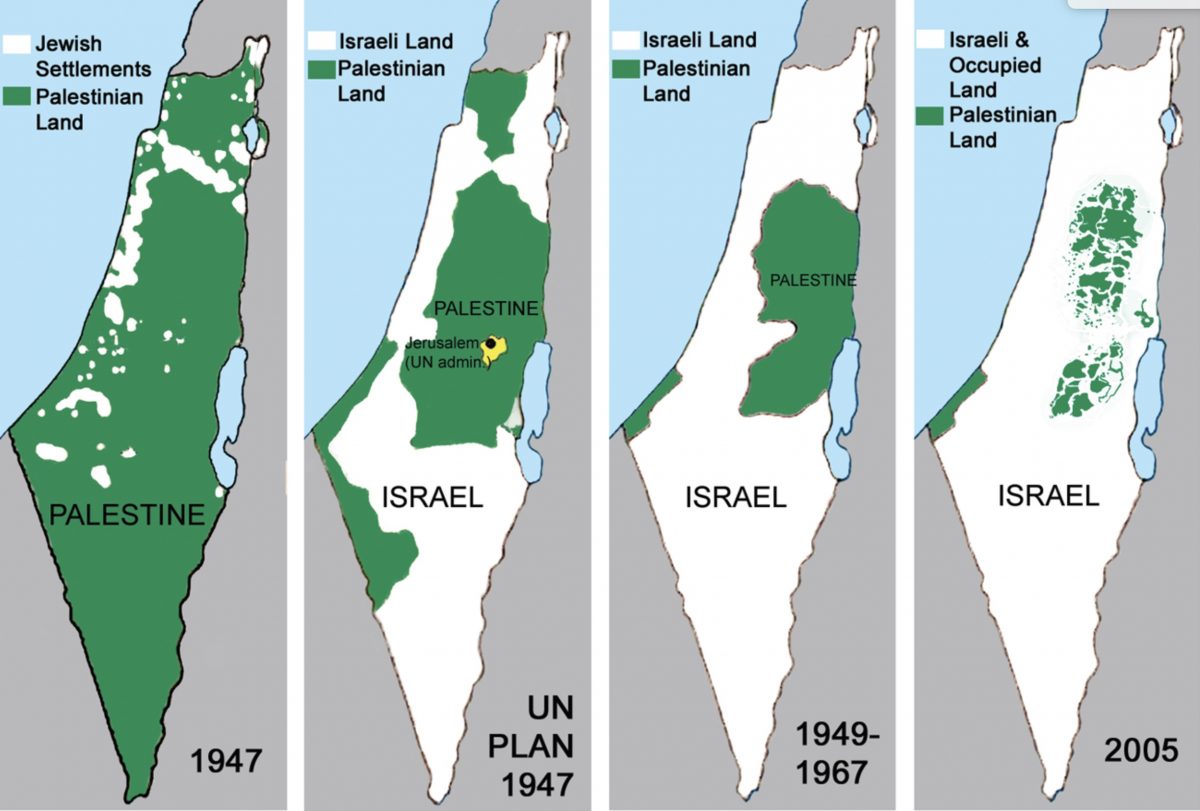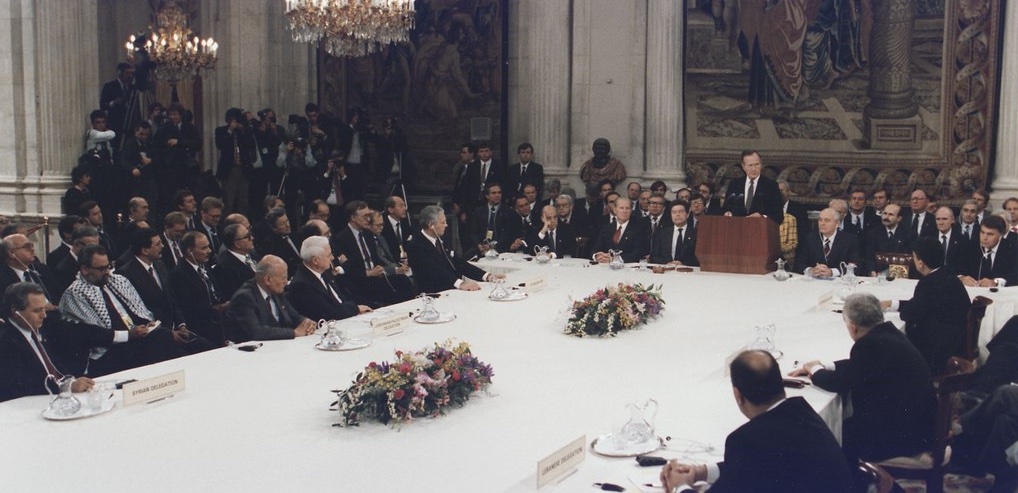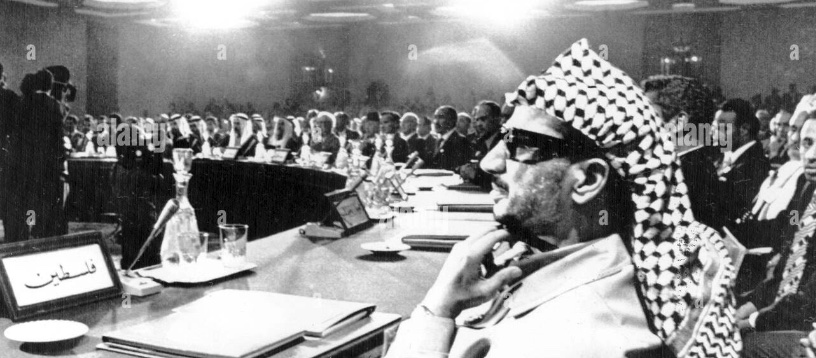Pres. George H.W. Bush opens the 1991 Madrid Middle East Peace Conference
Last Thursday, Israel’s former ambassador to Washington Itamar Rabinovitch told a Council on Foreign Relations audience that he judged the then-current U.S.-Israeli focus on winning a Saudi-Israeli accord was badly conceived, inasmuch as it tried to bypass or paper over the Palestinian question. He likened the attitudes of Israeli and U.S. leaders to those of passengers on the Titanic, as they blithely sailed toward the large iceberg of the Palestinian issue that still lay very close to them…
36 hours later Hamas launched its Operation “Al-Aqsa Flood.”
That far-reaching and technically complex breakout took nearly all Israelis by surprise, and revealed the deep strategic complacency and tactical chaos into which Israel’s long-famed security system had fallen.
In most of Western discourse, the early reactions to what happened October 7 followed these tracks:
- Stunned surprise and horror at images of the suffering of Israeli civilians
- Weirdly racist claims that “Hamas could never have been as smart as to organize something like this… So it must have been organized by Iran“
- Horror at and excoriation of Hamas’s actions, portrayed as so frequently as “targeting” Israeli civilians
- Urgent calls for Israel to respond very forcefully indeed to Hamas, with little or no recognition that any such response would involve inflicting great suffering on Palestinian civilians—and also, potentially, on some of the dozens of Israelis now held captive within Gaza
- Repeated avowals that Hamas “must be punished”, accompanied by some unsubstantiated claims that the violence it showed during the October 7 breakout was “akin to that of the Islamic State.” (It wasn’t.)
- A general reluctance or refusal to link the October 7 breakout to the great suffering that Israelis have inflicted on Palestinians in Gaza, the West Bank (including East Jerusalem), Lebanon, and elsewhere for many decades now.
Who are Hamas?
In those Western media accounts, Hamas has nearly always been portrayed as intrinsically violent, deeply anti-Semitic, and unalterably opposed to the existence of Israel. But most of these descriptions are written by people who have never met, interviewed, or interacted with Hamas leaders. I have—periodically throughout the years between 1989 and roughly 2012. (You can find accounts of some of these interviews in The Nation, Boston Review, and elsewhere. E.g., here.)
Here is my current assessment of their positions and capabilities.
Continue reading “So, about Hamas”



